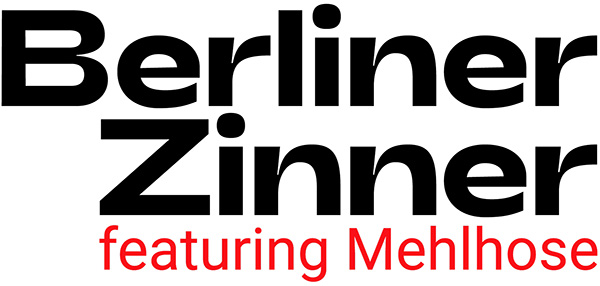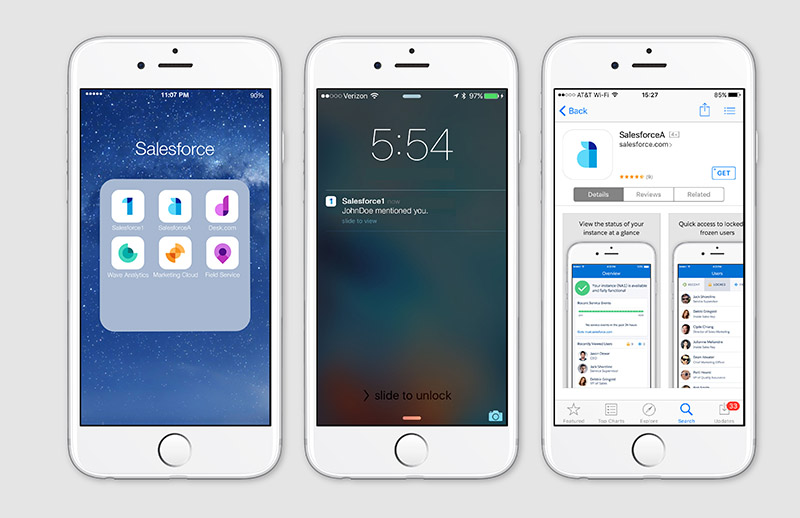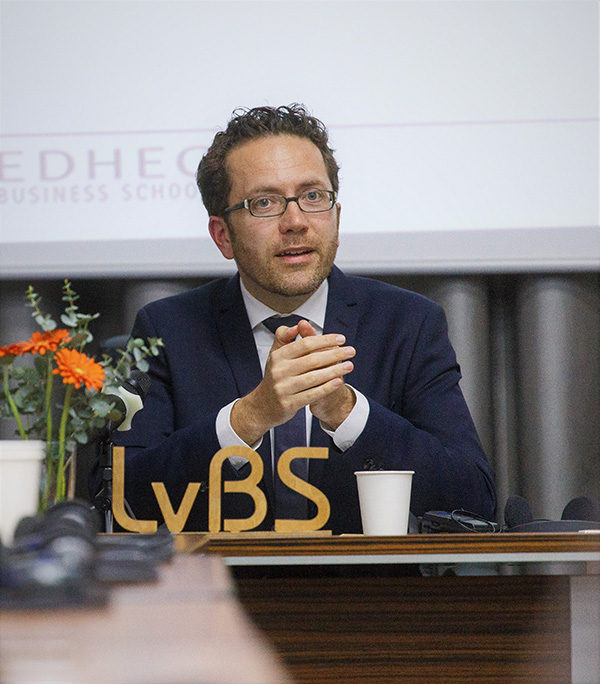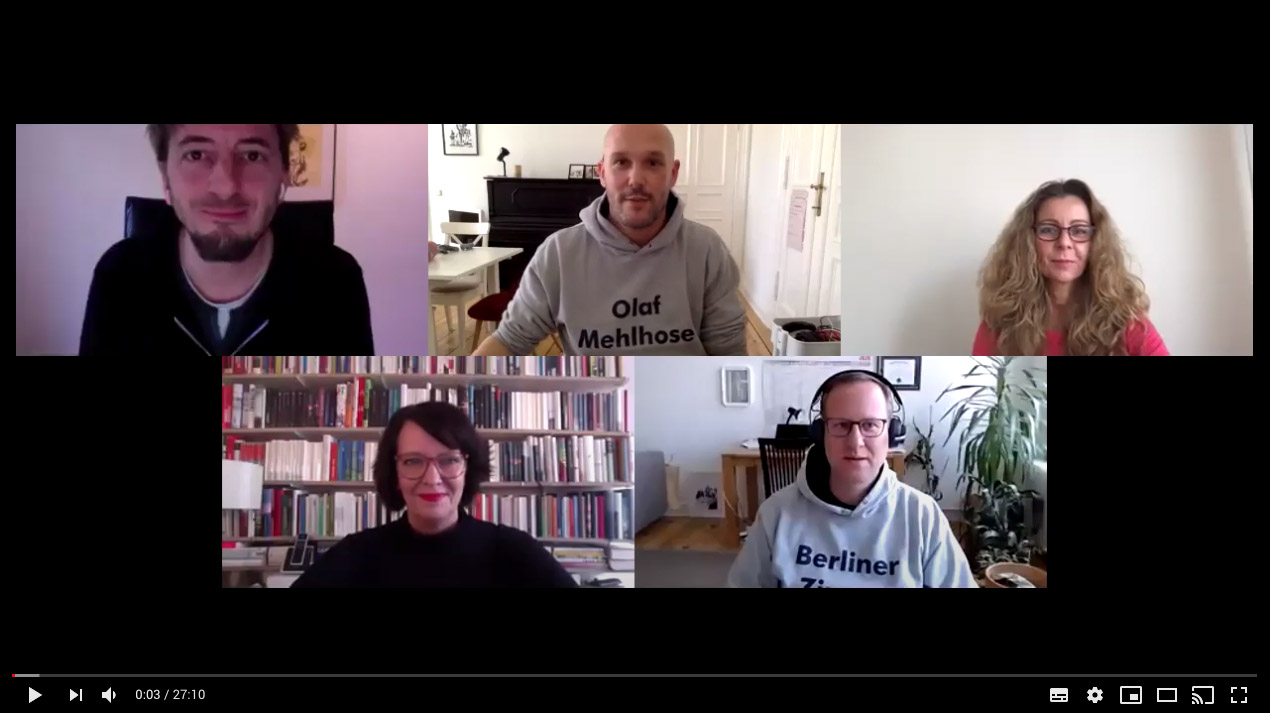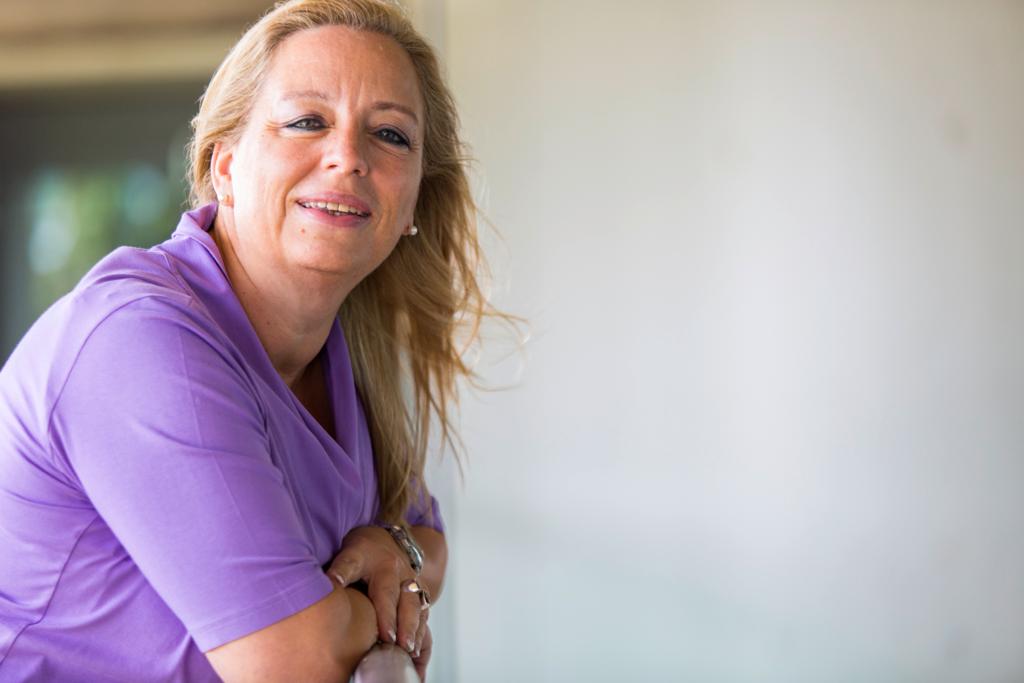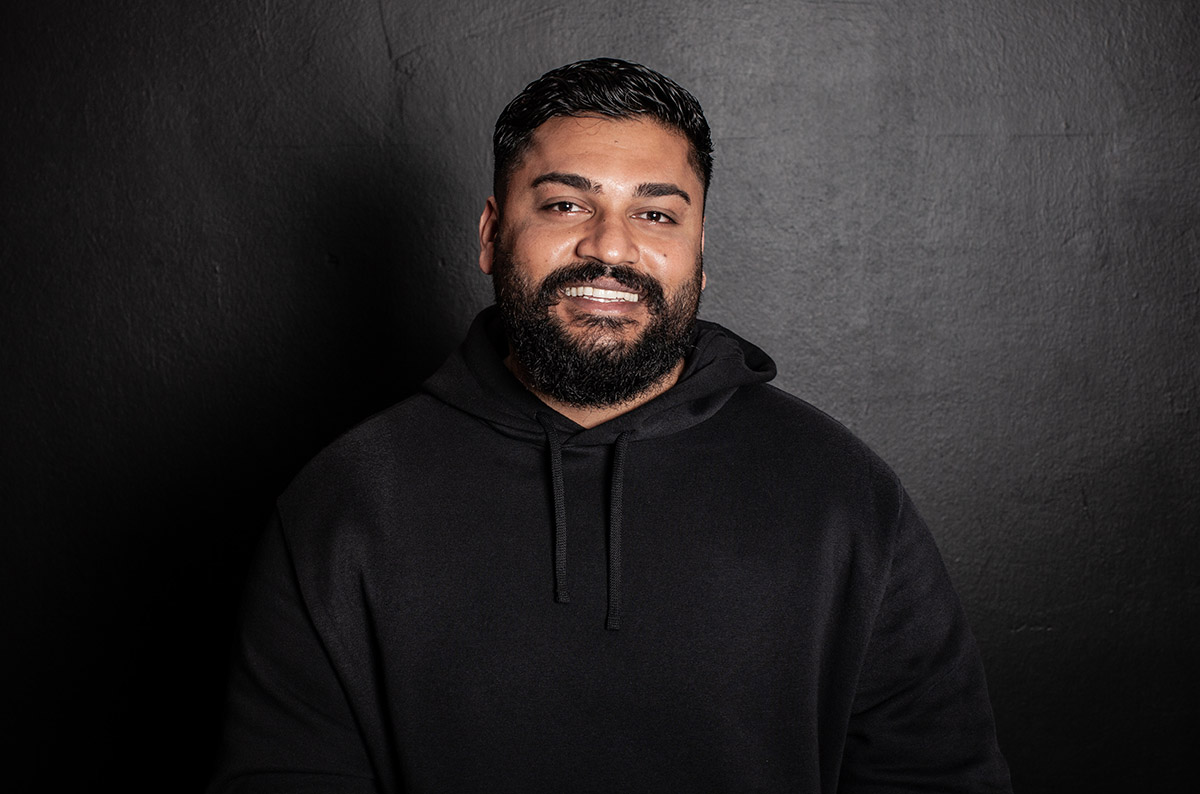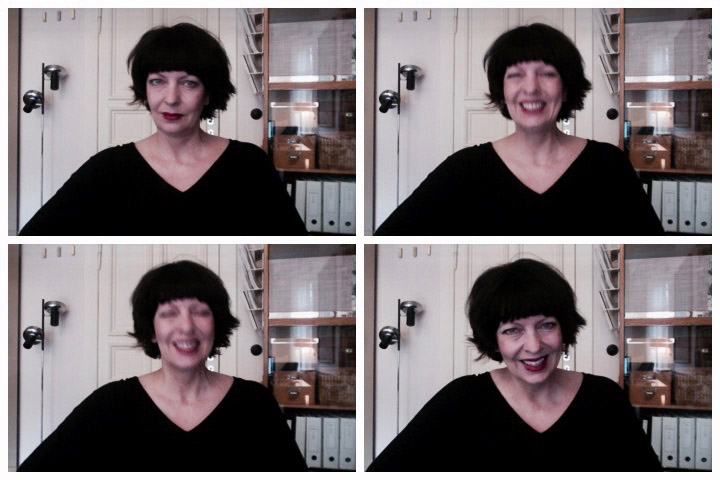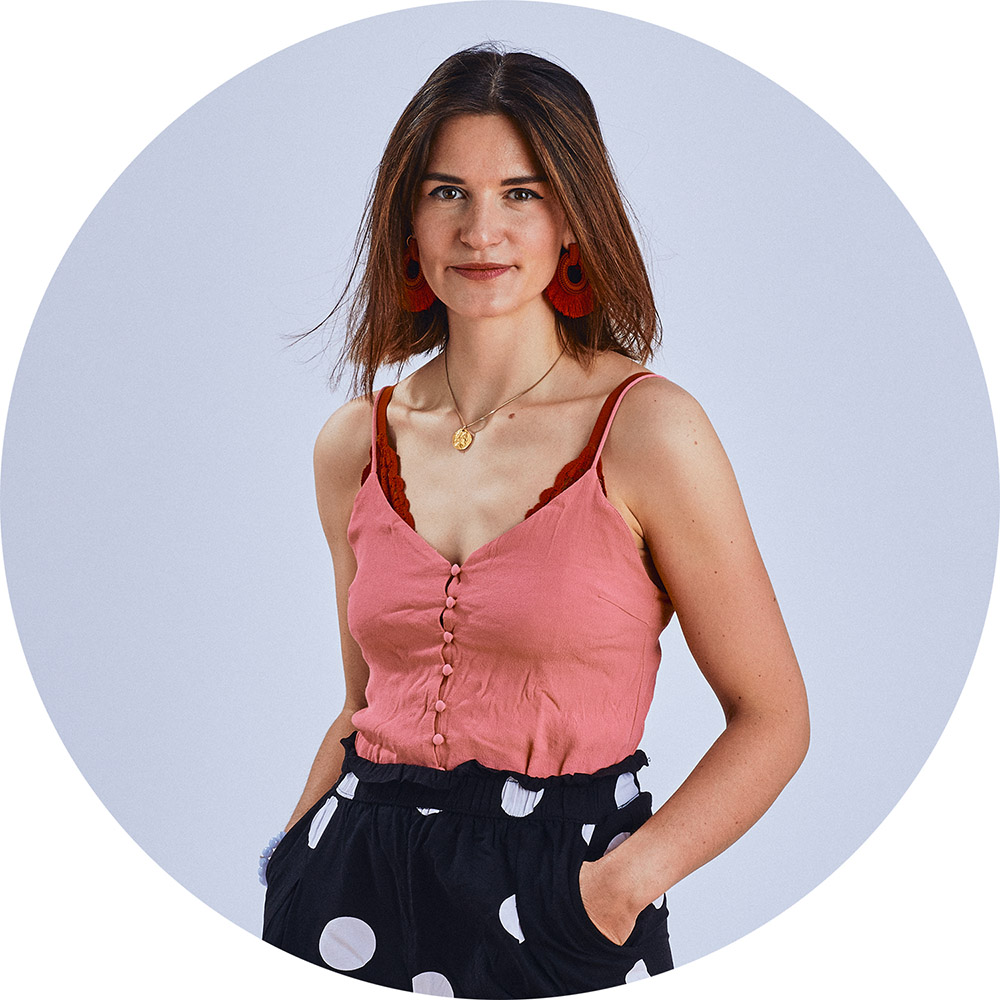„Berlin is quite a freelance city“
Meet Joanne Ong, our first interviewee for our freelance special. She’s a visual designer from San Francisco who is now living in Berlin.
Hey Joanne, thanks for taking your time. Please tell us more about yourself.
Hey, I am Joanne Ong and I was born in Ohio. In my youth my family moved many times due to my father’s occupation. I spent several years in Southeast Asia, we lived in Indonesia, Taiwan, Malaysia, and the Philippines. Afterwards we went back to Ohio where I attended secondary school and I went to university in Pittsburgh. I studied communication design, but I also have a minor in photography and played the violin for about 15 years. Compared to my brother I am the art kid. After my graduation I traveled for some time and settled in San Francisco to work. Since 2016 I’ve lived and worked as a freelancer in Berlin.
Wow, that sounds like a very eventful life. What did you do in San Francisco?
I worked for Method, an experience design agency founded in San Francisco with offices in New York and London. I started as an intern and transitioned to a full-time visual designer. It was a very interesting time and I learned a lot from my talented colleagues. After 3 years, I felt I got everything I wanted from this job and I decided to move on.
